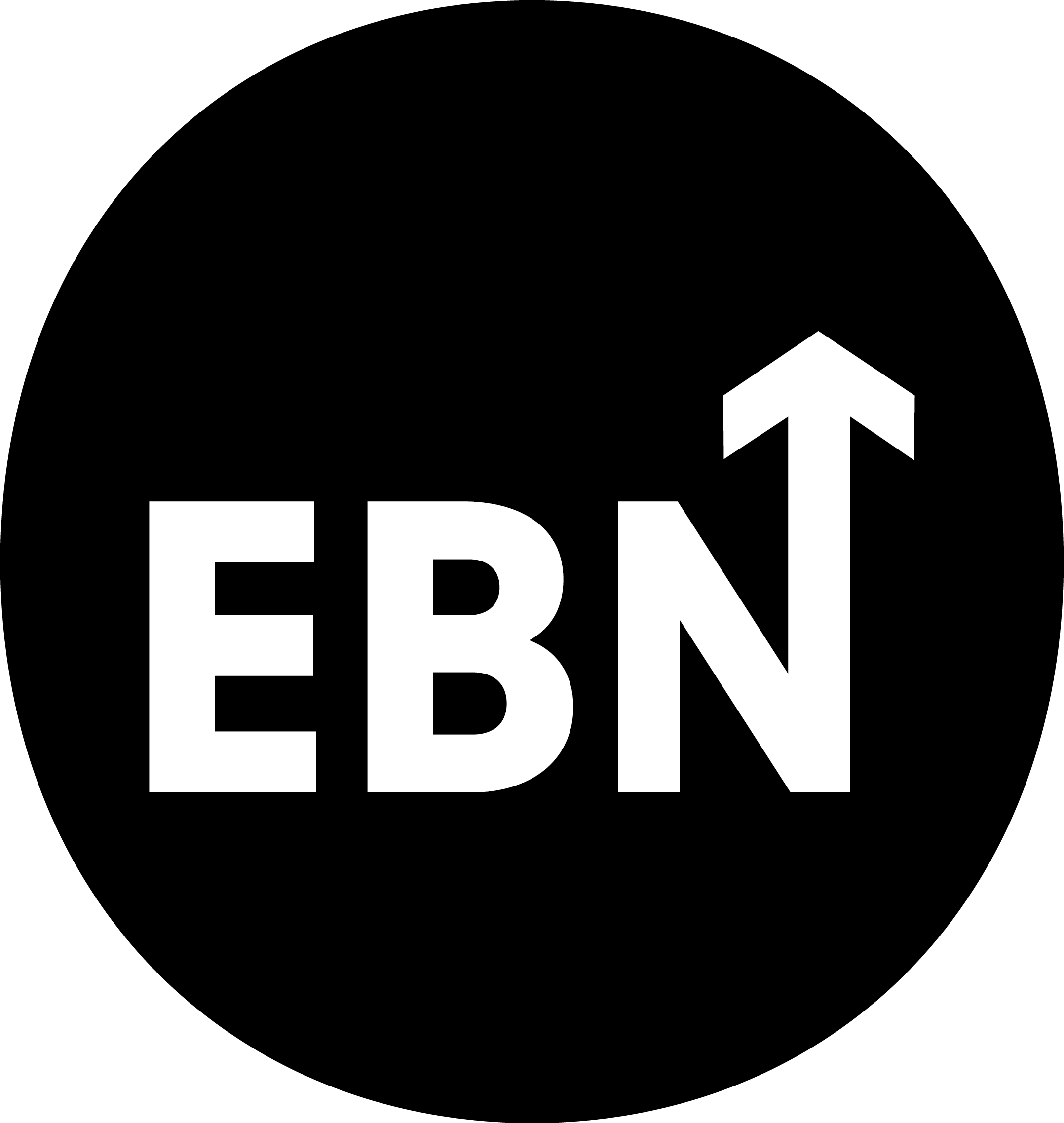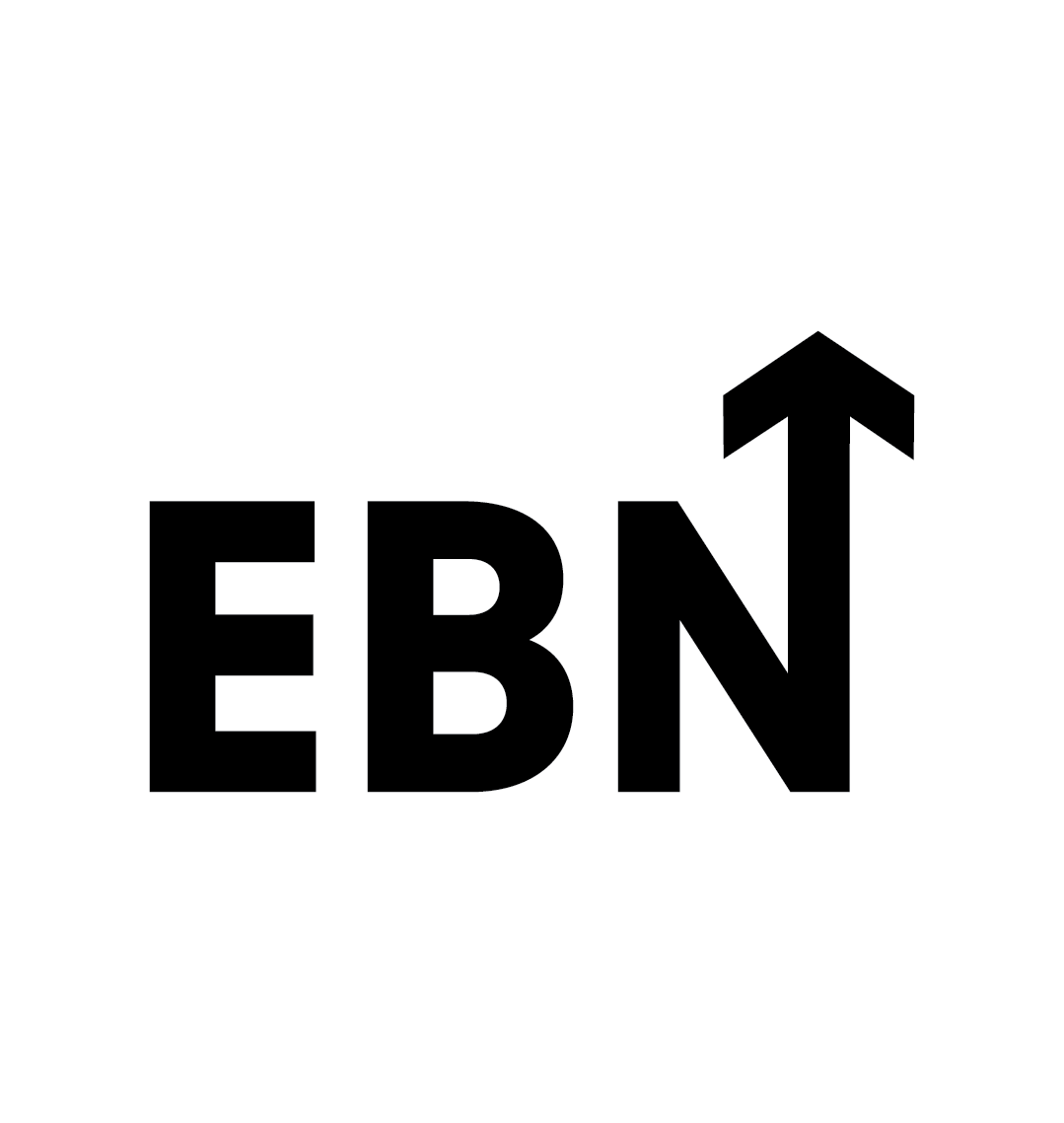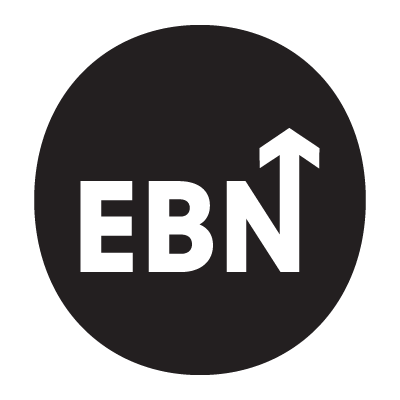In a surprising move that has captured the attention of both market analysts and the environmentally conscious, Unilever has announced a significant scale-back of its environmental and social pledges. This pivot, as reported by The Guardian, represents a stark transformation from a brand once celebrated for integrating sustainability deeply into its corporate identity and employer brand.
The Branding Backtrack: A Strategic Shift or a Reputation Risk?
Unilever’s decision to reduce its environmental commitments is more than a change in business strategy; it’s a recalibration of its employer brand. Traditionally, the company's strong stance on sustainability and social responsibility has been a key component of its Employer Value Proposition (EVP), drawing in top talent who are passionate about these issues and have aligning values. The Randstad Employer Brand Research 2023 Global Report indicated that about 50% of global workers prioritize companies with strong environmental and ethical standards, a stat that won’t have been missed by Unilever’s employer branding teams. This suggests that Unilever's recent pivot could potentially disappoint a significant segment of its workforce and alienate prospective talent who may have been attracted to the company based on its past promises and rhetoric on sustainability.
Strengthening employer brands, as emphasized by Universum’s EB Now survey, remains a top HR priority for 2024, with 62% of global companies considering it crucial. However, amidst an environment where 70% of companies globally report increased challenges in hiring, as detailed in the ManpowerGroup Employment Outlook Survey 2024, Unilever’s move might be seen as regressive from an employer branding perspective. This is especially pertinent among the younger, more values-driven cohorts entering the workforce – a demographic containing a lot of the talent that’s currently in most demand and where Unilever has been particularly active and successful in the past.
Implications for Recruitment and Employee Engagement
Unilever’s realignment could have practical and far-reaching repercussions on its hiring strategies. The same survey by ManpowerGroup shows a global increase in the employment outlook, yet specific sectors and companies that dial back on progressive policies might find themselves at a disadvantage. For instance, flexible working arrangements, highlighted by 37% of companies as a key factor in diversity and retention, align closely with broader environmental and social governance (ESG) goals, which include employee well-being and corporate responsibility.
Momentum isn’t always progress, especially when you always end up back where you started.
Fathom helps you escape the loop. With insight, not intuition.
Navigating the New Landscape
For businesses looking to refine their employer branding and EVP in light of recent shifts in working trends and talent expectations, being authentic and aligning with core company values is essential. As a rule of thumb, employers should consider proactive transparency about their operational changes and strategic decisions to mitigate potential backlash. However, this will be challenging for employers like Unilever who have extensively promoted their sustainability programs to prospective talent.
If previously impactful employer branding tropes are going to be felled in the boardroom, leveraging analytics to monitor brand perception and employee sentiment will be critical. Taking a more data-driven approach to reputation management will not only help to manage these potential setbacks, but it will also continue to feed future employer branding communications with new themes and content that will be optimized for the evolving tastes and priorities of tomorrow’s workforce, and can help to mitigate any fallout from business decisions being made above the pay grade of the employer branding teams.
Helping HR, talent acquisition, employer branding, and company culture professionals find careers worth smiling about.
A Call to Action for Employer Branding Strategy
Unilever's recent pivot serves as a poignant case study for companies worldwide, highlighting the importance of aligning business strategies with employer branding to attract and retain top talent in increasingly competitive and ethically focused markets. For companies like Fathom, this emphasizes the need to lead in crafting adaptable, resilient employer branding strategies that cater to a dynamic global workforce.
To navigate these complex dynamics and foster robust employer branding that drives recruitment and engagement, partnering with experienced strategists like Fathom can be crucial. Through tailored EVP development and strategic employer branding communications, employers can effectively align their operational goals with the values of their prospective and current employees, ensuring a cohesive and compelling corporate narrative that meets evolving market demands.
Unilever's pivot from sustainability highlights the intricate balance companies must maintain between business strategies and employer branding. Aligning these elements is crucial in attracting and retaining top talent, especially in a values-driven market.
Takeaways
What is the impact of Unilever's sustainability pivot on its employer branding?
Unilever’s sustainability pivot could potentially weaken its employer brand by alienating environmentally conscious employees and prospective talent.
How can companies align business strategies with employer branding?
Companies should ensure their business strategies reflect their core values and maintain transparency to build trust and attract top talent.
Why is transparency important in employer branding?
Transparency helps mitigate backlash from operational changes and strengthens trust between the company and its employees or potential hires.
What role do analytics play in employer branding?
Analytics can monitor brand perception and employee sentiment, helping to inform and optimize future employer branding strategies.
How does the younger workforce influence employer branding?
Younger workers are often values-driven and prioritize companies with strong ethical and environmental commitments, impacting employer branding strategies.
Why is flexibility important in employer branding?
Flexible working arrangements are key to diversity and retention, aligning with broader ESG goals and appealing to a wide range of talent.
Conclusion
Unilever's pivot from sustainability highlights the intricate balance companies must maintain between business strategies and employer branding. Aligning these elements is crucial in attracting and retaining top talent, especially in a values-driven market.







